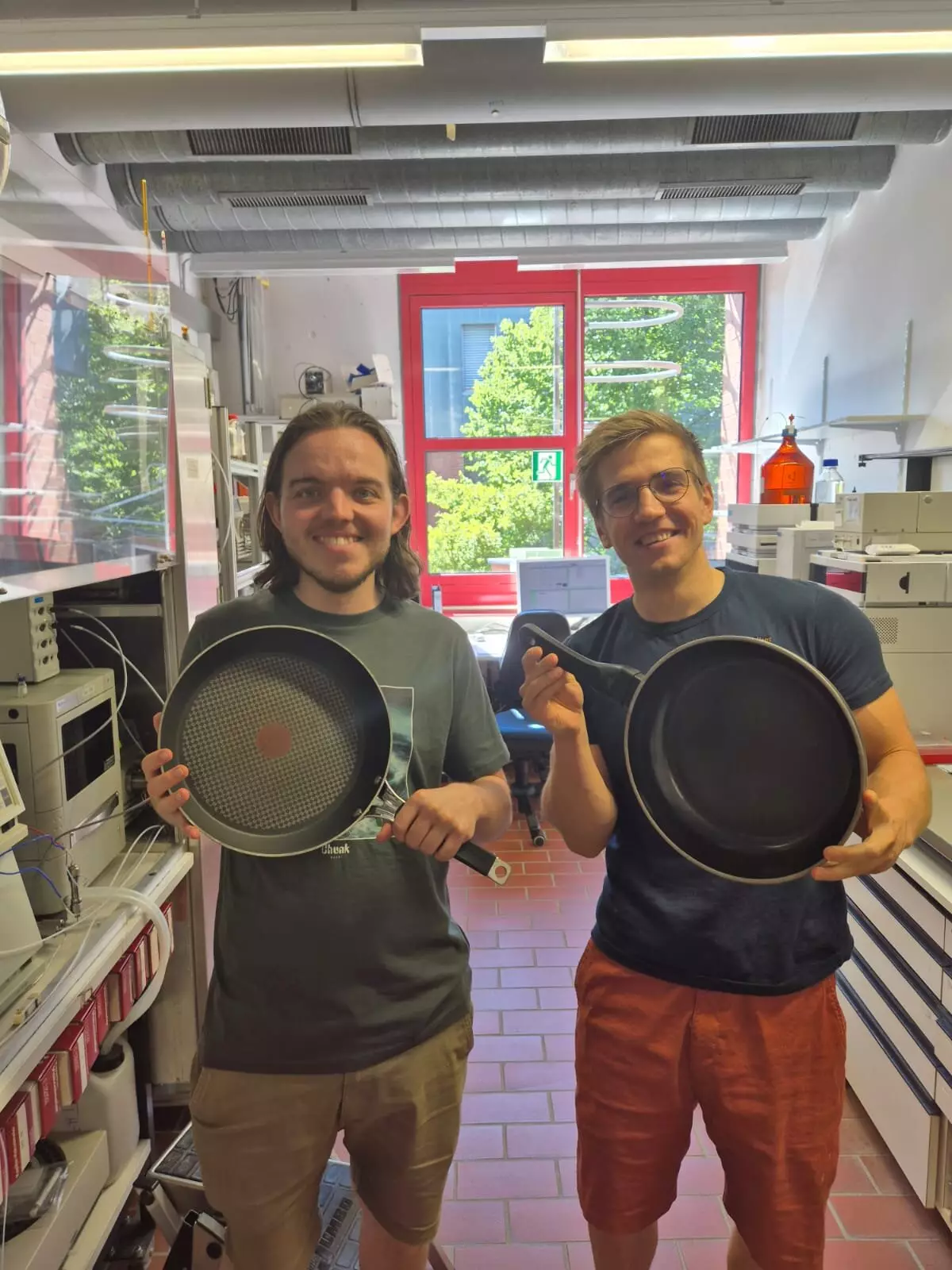In a groundbreaking study, chemists from the University of Bayreuth, in collaboration with Berlin researchers, have introduced a new class of fluorinated polymers that dramatically enhances the environmental sustainability of these widely used materials. The significance of this breakthrough cannot be overstated; these new polymers degrade at a rate 20 times faster than conventional non-fluorinated options. With increasing scrutiny over the environmental impact of per- and polyfluoroalkyl substances (PFAS), known derogatorily as “forever chemicals,” this innovation represents not only a technical advancement but also a critical leap towards achieving a more responsible and sustainable approach to plastic use.
The Persistent Problem of PFAS
Fluorinated plastics, such as Teflon, are notorious for their durability and non-stick properties, making them indispensable in numerous applications from cookware to waterproofing fabrics. However, their resilience, which is often touted as an asset, has morphed into a liability as these substances resist natural degradation, leading to accumulation in ecosystems. PFAS have been found in alarming locations, from polar ice caps to the bloodstream of newborns, raising serious public health concerns. As skepticism grows around their safety and environmental impact, the advent of a recyclable and degradable fluorinated polymer could represent a transformative solution to the damaging legacy of these substances.
Innovative Chemistry Meets Circular Economy
The new polymers feature ester bonds, a design choice that significantly facilitates degradation—something rarely seen in fluorinated plastics until now. Unlike traditional models that hinder breakdown, these avant-garde polymers leverage fluorine in a way that actually accelerates the decomposition process. According to Prof. Dr. Alex J. Plajer, this novel mechanism represents a paradigm shift in the way we think about fluorinated materials. What makes this development even more appealing is the ability to recapture fluorine from the degraded materials, allowing it to be reused in new applications. This not only mitigates waste but also conserves a precious resource, as the availability of fluorine could diminish in the future.
A Call for Industry Transformation
The implications of this research extend beyond academic curiosity; they challenge the plastics industry to reconsider the entire lifecycle of fluorinated products. It’s imperative that future designs of fluorinated polymers integrate efficient pathways for degradation and recycling to promote a sustainable circular economy. This comprehensive rethinking is necessary not just for environmental health, but also for economic viability as society moves towards more stringent regulations regarding chemical safety and sustainability. This research adds to the arsenal of tools available for industries facing mounting pressure to adopt eco-friendlier practices and could serve as a catalyst for broader changes across the field of polymer chemistry.
While the findings from the University of Bayreuth are promising, they should also inspire urgency within the scientific community and industry stakeholders. Safeguarding human and environmental health requires aggressive steps towards integrating sustainability into all aspects of product development. The hope is that this innovation will pave the way for future breakthroughs that embrace both modern convenience and environmental integrity.


Leave a Reply